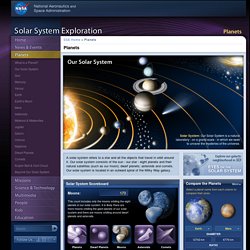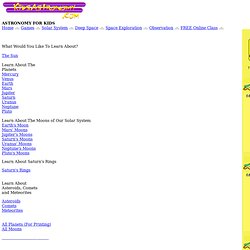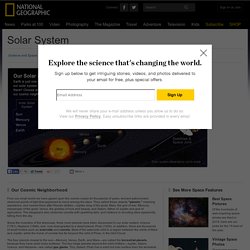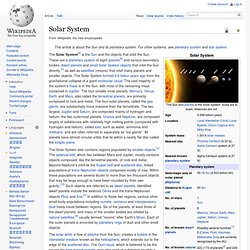

2012 Summer Olympics. The 2012 Summer Olympics, formally the Games of the XXX Olympiad[2] and commonly known as London 2012, was a major international multi-sport event celebrated in the tradition of the Olympic Games, as governed by the International Olympic Committee (IOC).

It took place in London, United Kingdom and a lesser extent across the country from 25 July to 12 August 2012. The first event, the group stage in women's football began on 25 July at the Millennium Stadium in Cardiff.[3][4] More than 10,000 athletes from 204 National Olympic Committees (NOCs) participated.[5] It was officially started however on Friday 27 July 2012 at 0:00. Construction for the Games involved considerable redevelopment, with an emphasis on sustainability.[11] The main focus was a new 200-hectare (490-acre) Olympic Park, constructed on a former industrial site at Stratford, East London.[12] The Games also made use of venues that already existed before the bid.[13] Bidding process[edit] Development and preparation[edit]
: Planets. Planets: The planet count in our solar system has gone as high as 15 before new discoveries prompted a fine tuning of the definition of a planet.

The most recent change was in 2006 when scientists reclassified Pluto as a new kind of object - a dwarf planet. Dwarf Planets: This new class of worlds helps us categorize objects that orbit the Sun but aren't quite the same as the rocky planets and gas giants in our solar system. There could be hundreds more of these small worlds far out there waiting to be discovered.
Moons: This count includes only the moons orbiting the eight planets in our solar system. Asteroids: New asteroids are discovered on an almost daily basis. Comets: Orbiting spacecraft such as SOHO have raised this tally in recent years by catching the comets as they plunge toward the Sun - and sometimes vaporize. The Solar System - Astronomy For Kids - KidsAstronomy.com. Our solar neighborhood is an exciting place.

The Solar System is full of planets, moons, asteroids, comets, minor planets, and many other exciting objects. Learn about Io, the explosive moon that orbits the planet Jupiter, or explore the gigantic canyons and deserts on Mars. What Is The Solar System? Solar System, Solar System Information. Our Cosmic Neighborhood From our small world we have gazed upon the cosmic ocean for thousands of years.

Ancient astronomers observed points of light that appeared to move among the stars. They called these objects "planets," meaning wanderers, and named them after Roman deities—Jupiter, king of the gods; Mars, the god of war; Mercury, messenger of the gods; Venus, the goddes of love and beauty, and Saturn, father of Jupiter and god of agriculture. The stargazers also observed comets with sparkling tails, and meteors or shooting stars apparently falling from the sky. Since the invention of the telescope, three more planets have been discovered in our solar system: Uranus (1781), Neptune (1846), and, now downgraded to a dwarf planet, Pluto (1930).
The four planets closest to the sun—Mercury, Venus, Earth, and Mars—are called the terrestrial planets because they have solid rocky surfaces. Nearly every planet—and some of the moons—has an atmosphere. Solar System. Discovery and exploration Andreas Cellarius's illustration of the Copernican system, from the Harmonia Macrocosmica (1660) For many thousands of years, humanity, with a few notable exceptions, did not recognize the existence of the Solar System.

People believed Earth to be stationary at the centre of the universe and categorically different from the divine or ethereal objects that moved through the sky. Although the Greek philosopher Aristarchus of Samos had speculated on a heliocentric reordering of the cosmos,[11] Nicolaus Copernicus was the first to develop a mathematically predictive heliocentric system.[12] His 17th-century successors, Galileo Galilei, Johannes Kepler and Isaac Newton, developed an understanding of physics that led to the gradual acceptance of the idea that Earth moves around the Sun and that the planets are governed by the same physical laws that governed Earth.